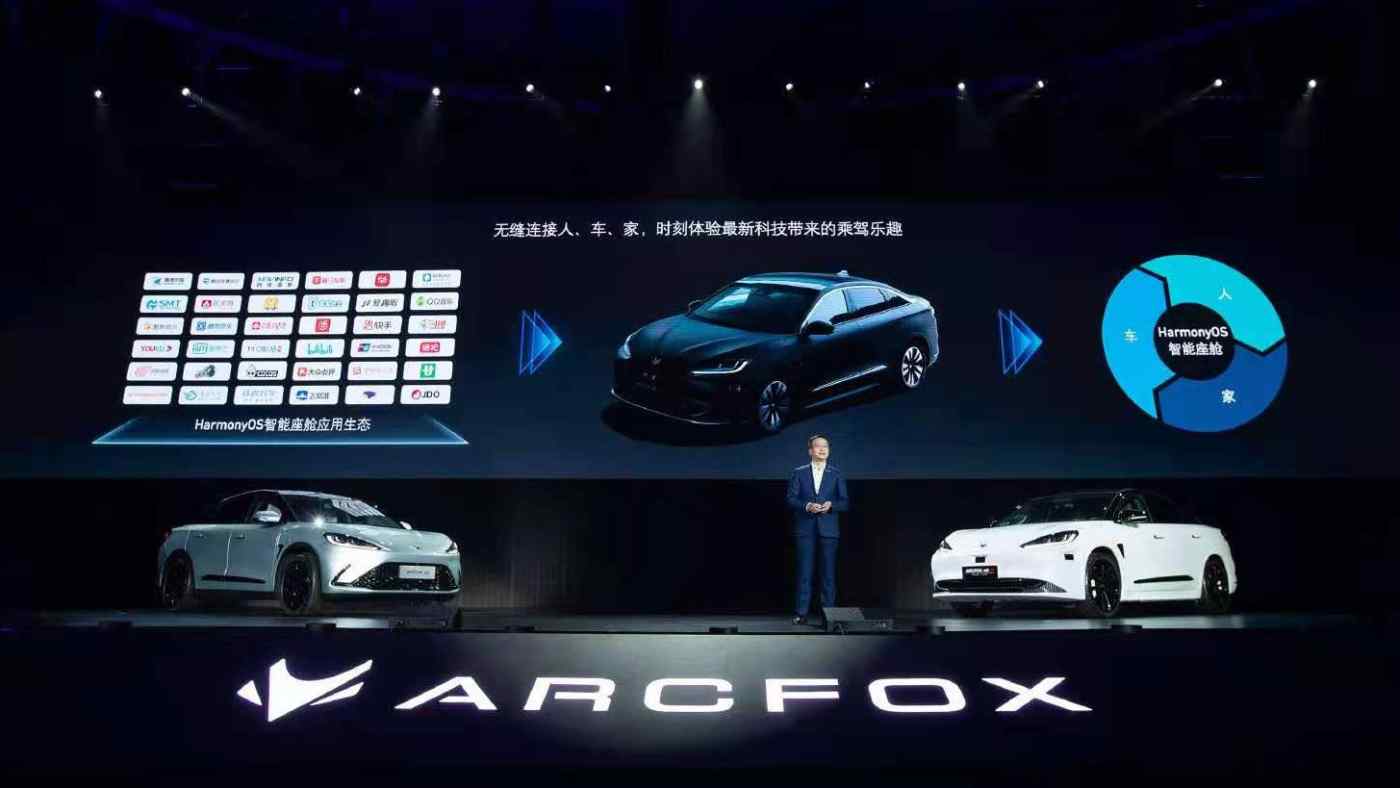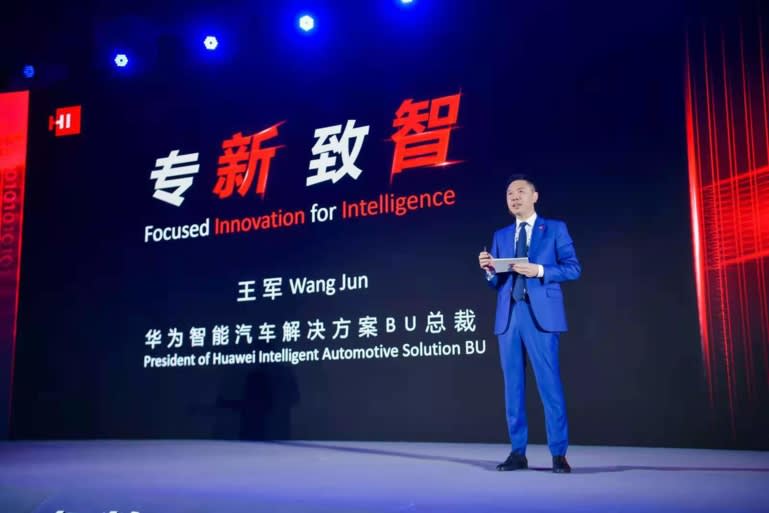Huawei has made a bold statement in its pursuit of a foothold in the EV market with the launch of its electric vehicle with the HarmonyOS operating system last weekend. The launch was followed up yesterday with the unveiling of five automated driving solutions deployed in cars later this year.
The product launch is a culmination of the Chinese tech giant’s investment in autonomous vehicles and EV research and development, grossing over $1 billion. As the company continues to expand beyond tech hardware and gadgets, it is already a global leader despite sanctions by the United States and its allies. Huawei seeks to become a significant player in the EV and self-driving segment of the industry by providing innovative solutions and partnerships that produce its electric vehicle in collaboration with BAIC.
The two versions of the Arcfox Alpha S EV unveiled at the weekend are co-developed by Huawei’s intelligent automotive solutions arm; and BAIC Group’s Arcfox. They are both high-end luxury electric vehicles fitted with Huawei’s homegrown HarmonyOS.
According to Wang Jun, president of the automotive arm of Huawei, the company has formed extensive partnerships and cooperation with several automakers and industry partners in its quest to continue to extend its expertise to the automotive industry. Huawei will focus on providing solutions to automakers rather than manufacturing the car itself, as it feels it can create a niche for itself in that segment.
The implication of the deployment of the HarmonyOS operating system in EVs provides exciting possibilities for EVs in terms of innovation and quality.
The Huawei EVs cost 388,900 yuan (~$59769) and 429,900 yuan (~$66,070) respectively, and reflect Huawei’s diversification outside its core business portfolio. The vehicles have a range of about 708km on a full charge, which is higher than the range of the Tesla Model Y which has a range of 594 km.
Huawei has a few other partnerships with automakers apart from BAIC Group. Chongqing Changan Automobile and Guangzhou Automobile Group are also collaborating with the 5G global leader to develop autonomous and automated vehicles.
RELATED;
- GAC Motors to launch its first self-driving car with Huawei after 2024
- Mercedes-Benz unveils the all-new, sleek 2022 EQS electric vehicle
- Xiaomi announces the commencement of its Smart Electric Vehicle business
(source)







